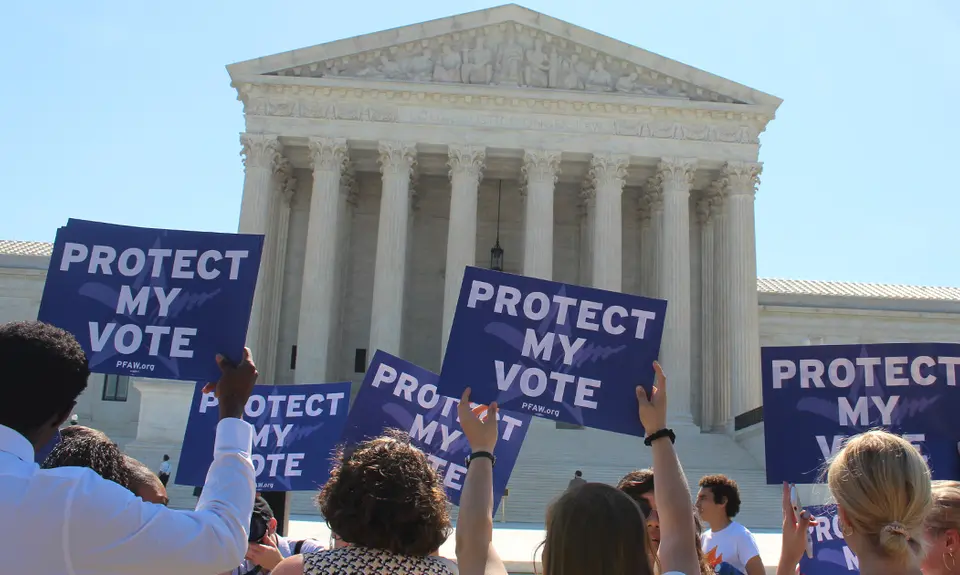It may have been baseball legend Yogi Berra who famously coined the phrase “It’s déjà vu all over again.” But on June 9, many Georgia voters expressed a similar refrain after enduring lines as long as seven hours and confusion over new voting machines at their polling places during the state’s primary election.
Throughout the state, Election Day was riddled with chaos. Although state officials could have increased the number of polling places to accommodate coronavirus-related social distancing measures, they instead chose to close a number of them. Confusion over new voting machines and machine malfunctions caused unnecessary delays. Ballots weren’t sufficiently stocked, and poll workers had trouble setting up the ballot printers. Many voters were turned away before they could cast their ballots.
After the tumultuous day, poll officials partially blamed the meltdown on COVID-19, claiming that stay-at-home orders limited opportunities for training. But the pandemic was merely one factor that contributed to the confusion on Election Day, not the cause. The truth is that Georgia officials failed to adequately prepare to hold the primary amid the pandemic – even after months of warnings of the consequences.
The scope and impact of state officials’ failures raise the question of whether these breakdowns happened by circumstance or by design, given that the breakdown that ensued largely disenfranchised the same voting bloc that Georgia Republicans have long targeted through more overt voter suppression tactics: Black, brown, and young voters.
Voters of color in Georgia are intimately familiar with voter suppression, as right-wing Republicans have targeted Georgia and its surrounding Southern states for decades. Voter suppression tactics infiltrated the state’s midterms election in 2018, when Republican Governor Brian Kemp ran against Stacey Abrams. (That year, thousands of Georgia voters reported the same problems they would face again in 2020.)
At the time, Kemp was Georgia’s secretary of state, and he organized and oversaw election activities that affected every race in the state, including his own. Kemp held the power to interpret election laws, manage voter registration systems, determine acceptable forms of ID, and implement strict voter registration deadlines – all of which Kemp had already influenced.
Kemp may have helped Georgia become the “ground zero for voter suppression,” but it’s happening in states across the country. And in 2020, amid a global pandemic, our election systems are collapsing and colliding with voter suppression tactics. Both disproportionately disenfranchise voters of color.
These breakdowns are occurring amid a long overdue social eruption against pervasive systemic racism – and we must respond to this crisis with the sense of urgency it demands. Our fight for equality and justice must include dismantling every barrier to the ballot box and advocating for measures that ensure that our elections are fair, free and accessible, especially for those who have been disenfranchised.
The HEROES Act, which, House Democrats passed in May, calls for $3.6 billion to strengthen and protect our elections during the pandemic. But Senate Majority Leader Mitch McConnell has refused to bring the bill to the Senate floor. And with just five months before this monumentally important election, it’s on all of us to remind our senators of our constitutional right to the ballot box.
You can reach your senator and demand that they pass the HEROES Act by texting “protect our vote” to 21333. Let’s act together now to secure our democracy.
